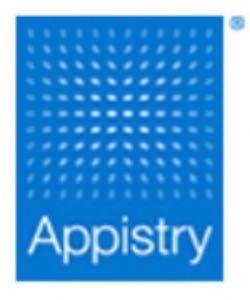We haven’t written much on Appistry, a St. Louis-based cloud data management and analytics applications vendor. So when it was in the news this week with raising a new round of venture funding, it seemed like a good time to cover it here.

Its product family is called CloudIQ and there are several different components. First is the CloudIQ Manager that configures the components and monitors their health. Next is CloudIQ Storage module, which allows Hadoop users to upgrade to their storage repository when you need more reliable operations and higher throughput. And finally there is CloudIQ Engine, which is used to build scalable analytical applications.
Its family is designed for those very large data-intensive apps that are proliferating around the Internet these days, such as in genomics, that require huge horsepower and have to scale up tremendously and do it quickly, too.
Appistry is looking at teraflops of performance and petabytes of data. It is agnostic when it comes to environments and algorithms, too. “On a half rack of our infrastructure, we can do in under two hours worth of processing time problems like cancer and gene analysis, where with other products they can take a day or more,” says Sultan Meghji, a VP with the company. “No one else comes close to this level of performance. We can run very complex jobs on our cloud within a few minutes of a client calling us up.”
As a result, you’ll find CloudIQ in a wide variety of marquee customers. In addition to the biosciences mentioned earlier, they are found in FedEx’s logistics apps, Sprint’s fraud detection services, and at defense contractor Northrop Grumman. San Francisco-based Presidio Health used a variety of products to boost its cloud performance. “Presidio had to handle a 16 times increase in data volume in a year and replace some aging hardware,” says its CTO Thomas Gregory. It was able to increase its computing power by 70% without increasing the costs of its IT equipment. “We didn’t want a lot of capital expense, and we wanted an environment that was safe and could spread our risk around.”
The company uses a combination of Eclipse and Spring-based open source software and Appistry for handling its cloud services management. “Appistry has integration with Spring, it was easy to use and saved us months of effort to move our software into this environment,” he said. “Plus we don’t have to expose any of our services externally.”
What Appistry is going after is the real elasticity of the cloud and being able to do what the end user is trying to accomplish with these large-scale computing resources. Expect to see some pretty dazzling apps as a result of its services in the future.

















